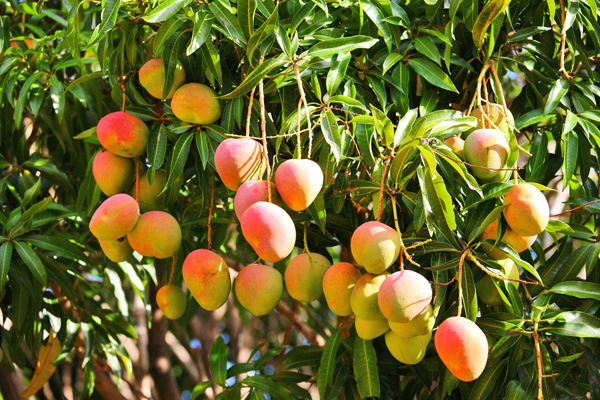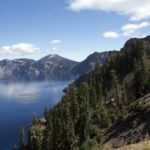
Conservation

Conservation
In a village called Markanja, an ordinary farmer is on a mission to conserve as many breeds as he can
Mangifera indica is indigenous to the Indian subcontinent; domesticated over 2000 years ago; it is now also cultivated in east Asia, Africa and the Americas.
The breeds we squabble about – every part of India has its favourite that it regards as better than any other -are the result of selective breeding and hybridisation. But all over the country, countless natural varieties grow wild, each with characteristics influenced by local soil and climate conditions. Wild mangoes tend to be small, rich in fibre and thus good for digestion, and the trees are hardier and more disease-resistant than commercial varieties. But, development’s inexorable march has meant land being cleared for infrastructure projects or plantations and farms, and so there is the very real risk of some wild varieties being lost forever.
In Markanja village, Dakshina Kannada district, Karnataka, Mapalathota Subraya Bhat is doing his best to preserve as many as he can. He isn’t a scientist or researcher: he calls himself a common farmer, and over the last 25 years, he has used a part of his land to grow as many varieties of wild mango as he can get his hands on.
Mr. Bhat has personally collected seeds of 80 varieties from the neighbouring districts of Uttara Kannada, Shivamogga, Udupi, Chikkamagaluru and Kodagu, and, motivated by nothing else than a desire to conserve the breeds, he has planted and nurtured at least two trees of each. Only one other factor guides his choices: all of them are varieties he has personally tasted and liked.
Among the varieties he has are the Sambar Mavu, used to make sambar, Jeerige Appe, which tastes like jeera, and Mente Appe, which tastes minty. One he is proud of originates in Manchi village. He got the seeds from a classmate’s father; some time after he planted his saplings, the only remaining wild mango tree in Manchi died, so he has the only trees of the breed now. “It is my favourite,” he says, “as it is best for making juice.” Among his few disappointments are his Appe Midi trees. This tender mango, grown on riversides in Uttara Kannada and Malnad, is favoured by the pickle industry. His have never borne fruit; he thinks this may because the soil is not ideal for the breed.
Mr. Bhat isn’t even trying to make money from his work: he says anybody who is interested is free to collect seeds from his trees and grow them in their own land.
Source – The Hindu








